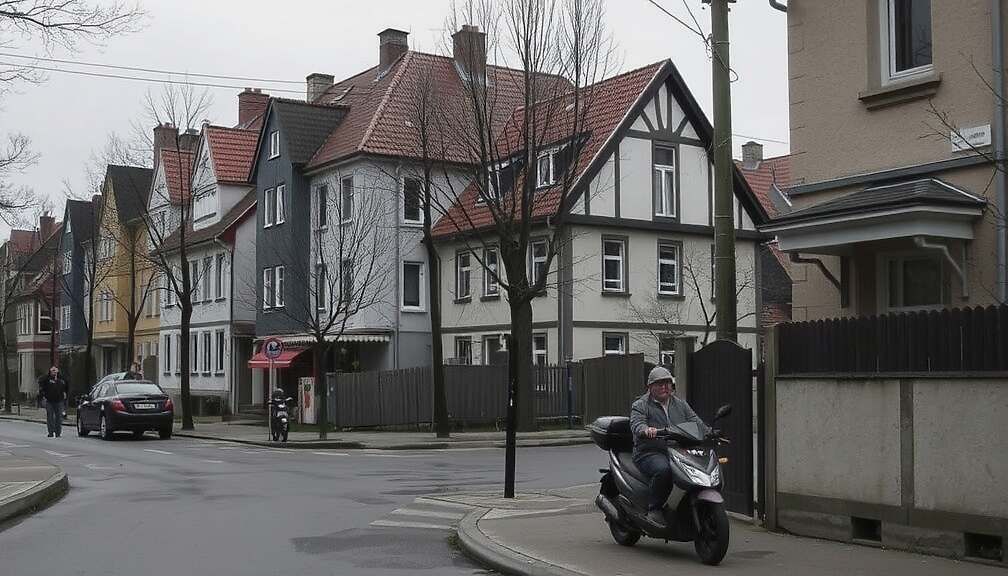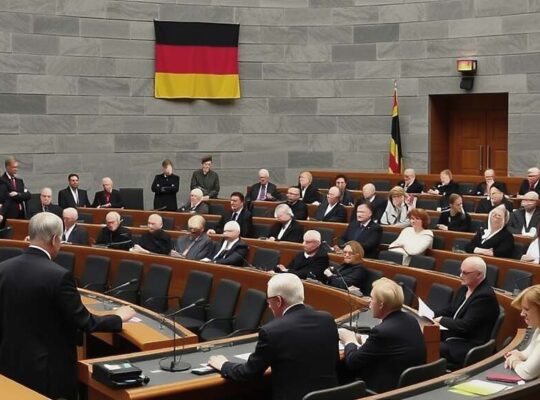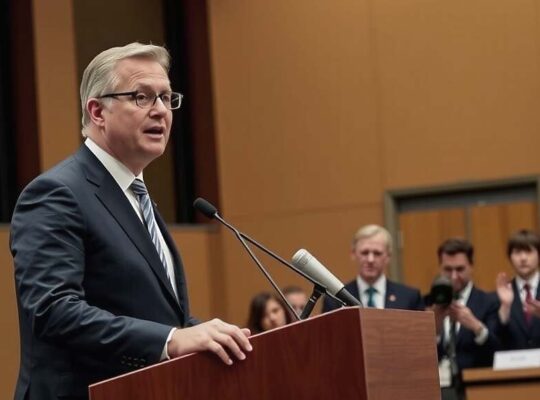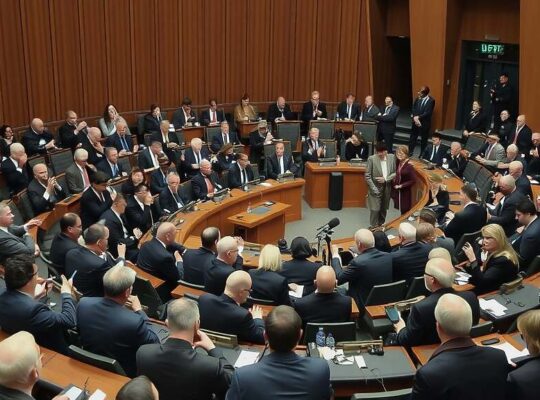The German Social Association (SoVD) is warning that the government’s planned elimination of a grace period for housing costs within the citizen’s income (Bürgergeld) system risks pushing vulnerable individuals and families into severe financial hardship. While acknowledging the need to prevent the financing of luxurious housing by public funds, SoVD President Michaela Engelmeier cautioned against the practical implications of the policy change, which forms part of a broader overhaul of the citizen’s income program spearheaded by the current black-red coalition government.
The intended reform abruptly ends a one-year grace period that allowed individuals to remain in existing tenancies despite housing costs exceeding stipulated limits. This rapid change, officials argue, targets abuse of social benefits and reinforces the principle of social responsibility. Engelmeier, while agreeing with the sentiment regarding preventing fraud and upholding societal solidarity, emphasizes the challenging reality faced by those relying on citizen’s income.
The association points to the current state of the German housing market, characterized by acute shortages of affordable housing. Displacement due to unaffordable rent is rarely an immediate possibility, leaving individuals essentially forced to utilize the basic needs allowance – designed to cover essential living expenses – to cover housing costs, effectively depleting funds intended for food and other necessities. This, the SoVD argues, amounts to a de facto reduction in the livelihood support provided to those already struggling.
Critics are questioning the government’s sensitivity to the complexities of the housing crisis in implementing such a stringent measure. They contend that the rapid policy shift lacks adequate safeguards for vulnerable citizens, potentially exacerbating poverty and increasing reliance on emergency social services. The SoVD’s warning underscores a growing debate surrounding the government’s approach to welfare reform, balancing the need for fiscal responsibility with the fundamental duty to provide a safety net for its citizens. The practical effects, the association warns, risk proving more detrimental than the intended curbing of abuse.












